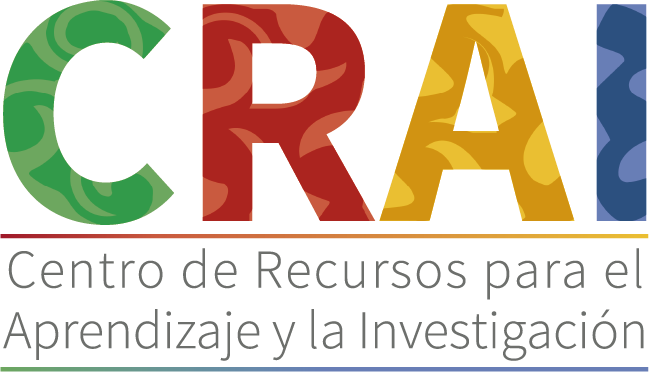Incluye referencias bibliográficas e índice.
On suffering and structural violence : social and economic rights in the global era -- Pestilence and restraint : Guanta'namo, AIDS, and the logic of quarantine -- Lessons from Chiapas -- A plague in all our houses? : resurgent tuberculosis inside Russia's prisons -- Health, healing and social justice : insights from liberation theology -- Listening for prophetic voices : a critique of market-based medicine -- Cruel and unusual : drug-resistant tuberculosis as punishment -- New malaise : medical ethics and social rights in the global era -- Rethinking health and human rights : time for a paradigm shift.
Pathologies of Power uses harrowing stories of life--and death--in extreme situations to interrogate our understanding of human rights. Paul Farmer, a physician and anthropologist with twenty years of experience working in Haiti, Peru, and Russia, argues that promoting the social and economic rights of the world's poor is the most important human rights struggle of our times. With passionate eyewitness accounts from the prisons of Russia and the beleaguered villages of Haiti and Chiapas, this book links the lived experiences of individual victims to a broader analysis of structural violence. Farmer challenges conventional thinking within human rights circles and exposes the relationships between political and economic injustice, on one hand, and the suffering and illness of the powerless, on the other. Farmer shows that the same social forces that give rise to epidemic diseases such as HIV and tuberculosis also sculpt risk for human rights violations. He illustrates the ways that racism and gender inequality in the United States are embodied as disease and death. Yet this book is far from a hopeless inventory of abuse. Farmer's disturbing examples are linked to a guarded optimism that new medical and social technologies will develop in tandem with a more informed sense of social justice. Otherwise, he concludes, we will be guilty of managing social inequality rather than addressing structural violence. Farmer's urgent plea to think about human rights in the context of global public health and to consider critical issues of quality and access for the world's poor should be of fundamental concern to a world characterized by the bizarre proximity of surfeit and suffering

Escuela de administración
Facultad de Jurisprudencia
Facultad de Ciencias
Escuela de Ciencias
Escuela de Medicina
Facultad de Economía
Facultad de Estudios
Facultad de Creación
Escuela de Ingeniería,
Otras Ofertas
 Historia y símbolos
Historia y símbolos
 Enfoque estratégico
Enfoque estratégico
 Gobierno universitario
Gobierno universitario
 Playbok - Nuestros pilares de transformación
Playbok - Nuestros pilares de transformación
 Protocolo de seguridad
Protocolo de seguridad
 Archivo histórico
Archivo histórico
 Portafolio de becas, descuentos y apoyo financiero
Portafolio de becas, descuentos y apoyo financiero
 Casa UR
Casa UR






 Proyección social
Proyección social Filantropía
Filantropía Hagámoslo posible
Hagámoslo posible

 Libro
Libro







